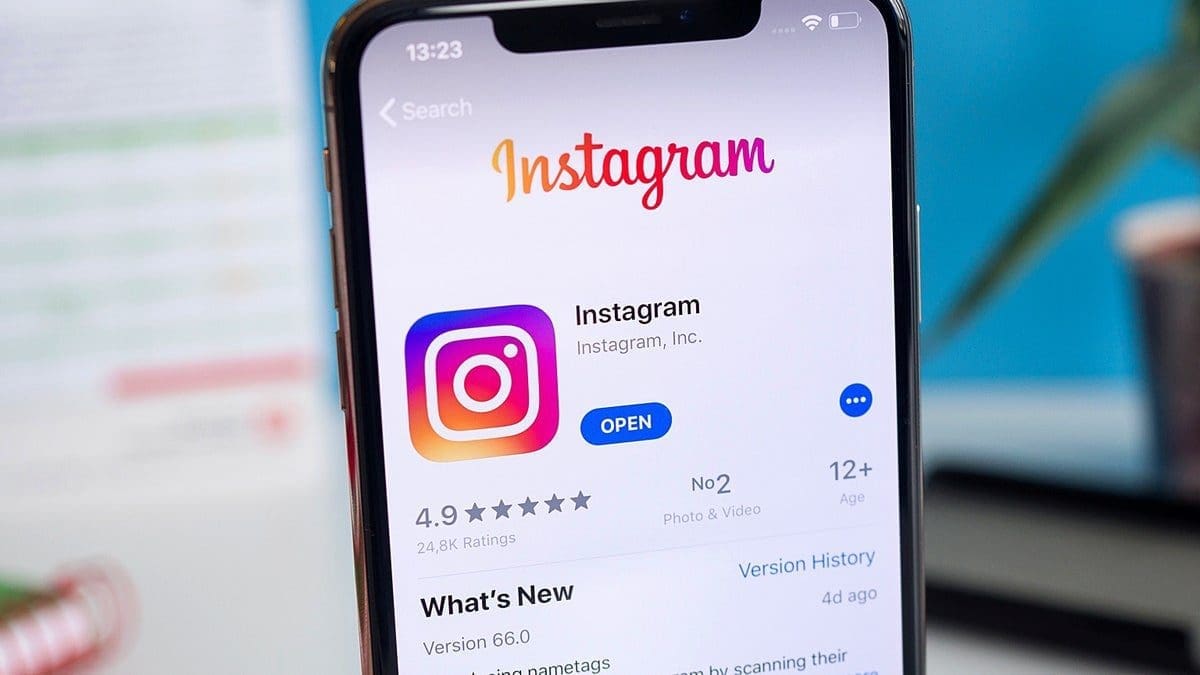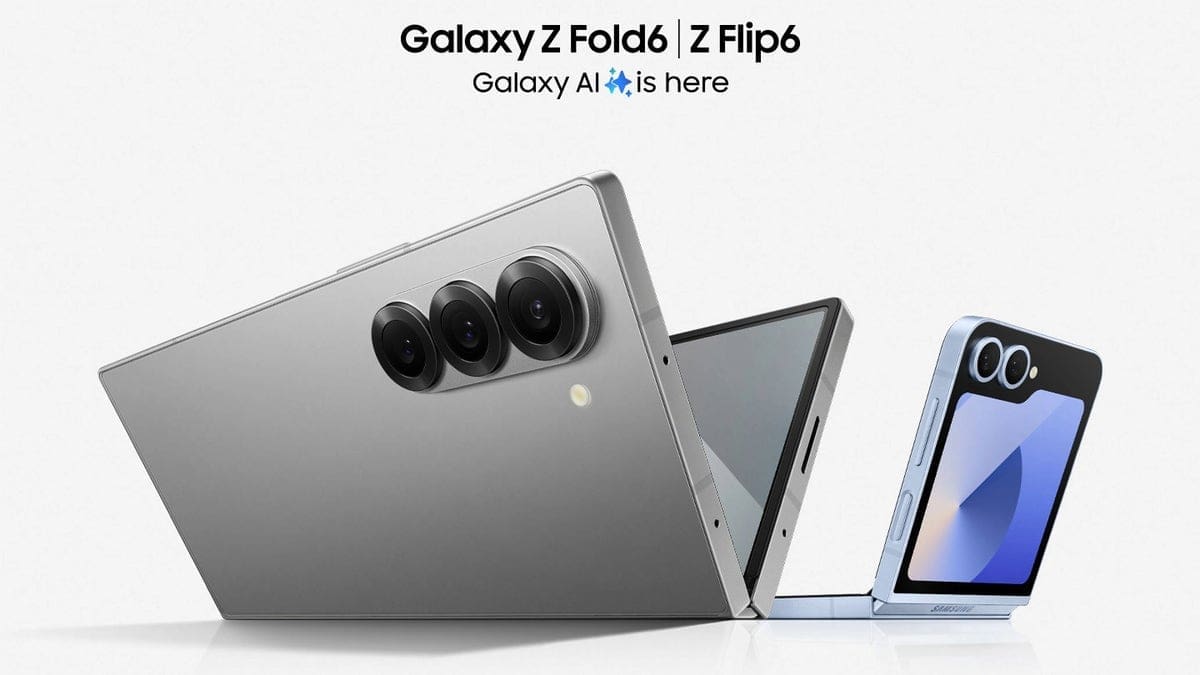In response to new EU regulations, WhatsApp and Messenger are preparing to integrate their chats with other encrypted messaging platforms, as reported by Wired. Over the past couple of years, WhatsApp has been working on a solution to allow seamless communication across different messaging apps while maintaining its end-to-end encryption. The push for interoperability isn’t solely WhatsApp’s initiative. With the EU’s Digital Markets Act designating Meta, WhatsApp’s parent company, as a key player, the pressure is on to open up their services to others.
Dick Brouwer, an engineering director at WhatsApp, acknowledges the challenge of balancing interoperability with maintaining the platform’s privacy and security standards. Initially, interoperability efforts will focus on enabling text messaging, sharing images, voice messages, videos, and files between users. More complex features like calls and group chats will be added later down the line. One critical aspect of this interoperability is user consent.
WhatsApp users will have the option to opt in to receive messages from other apps, ensuring protection against potential spam and scams. To accommodate the integration while upholding privacy standards, WhatsApp plans to introduce a separate inbox for messages from third-party apps.
While the primary focus is on enhancing communication across different platforms, maintaining the integrity of WhatsApp’s privacy and security features remains a top priority. The overarching goal of interoperability is to simplify communication, allowing users to connect with contacts seamlessly regardless of the messaging app they use.
As of now, it’s uncertain which messaging services will connect with WhatsApp for interoperability. Several key players including Google, Telegram, Viber, and Signal have refused to comment on their intentions.
Phones Canada looks forward to seeing how this integration will improve our customers’ communications experience in Canada’s telecommunications market. Stay tuned for more updates!










